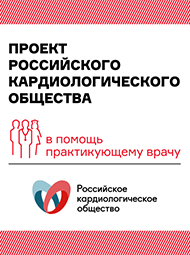HF, Metabolic Disorders Among Most Common 30-Day Hospital Readmissions
Thirty-day readmission rates range from 5.8 percent to 18.8 percent in rehabilitation facilities and the most common reasons for readmission include heart failure, urinary tract infection, pneumonia, septicemia, nutritional and metabolic disorders, esophagitis, gastroenteritis and digestive disorders, according to a study published Feb. 11 in the Journal of the American Medical Association.
The study looked at 736,536 Medicare fee-for-service patients who were discharged from 1,365 post-acute inpatient rehabilitation facilities. Results showed the mean length of stay was 12.4 days, and the overall 30-day readmission rate was 11.8 percent. Further, about 50 percent of patients rehospitalized within 30 days were readmitted within 11 days following discharge.
The authors note that "questions regarding the validity of readmission as a quality indicator are likely to increase as the accountability for readmission expands to include post-acute care settings. Although readmission is an imperfect quality indicator, it has the potential to serve as a platform for efforts to improve patient transitions and care continuity associated with bundling and other initiatives proposed by the Affordable Care Act to reduce cost and improve health outcomes," they add.
They add that moving forward, among the groups with common 30-day hospital readmission, "further research is needed to understand the causes of readmission."
Source: www.cardiosource.org


.jpg)



